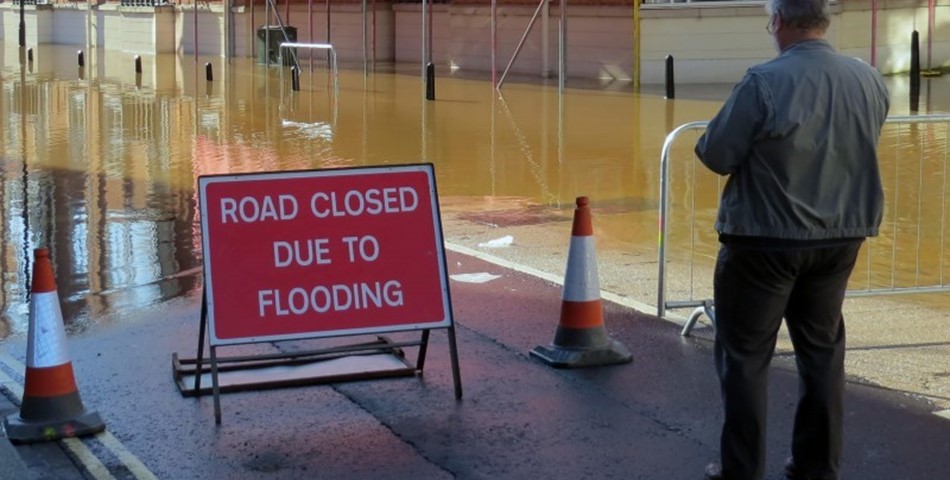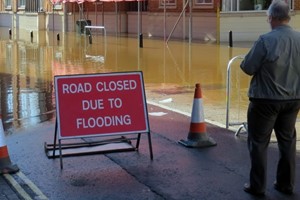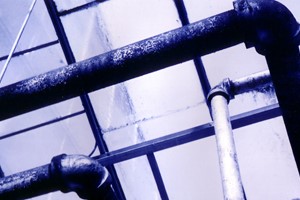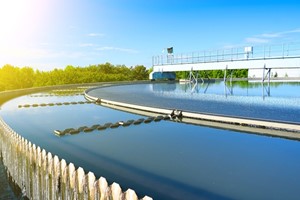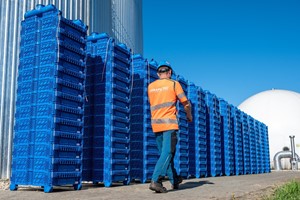Businesses and householders need to review the condition of their drainage systems as the extremely dry summer weather increases the risk of flash flooding, warns Kevin Moon, Managing Director of drainage and wastewater specialist Lanes Group plc.
The record heatwave over the last month has left ground baked so hard that rain from thunderstorms forecast for the days leading to the end of August 2022 will not be able to easily soak into the soil.
This means the water will remain on the surface and is likely to build up through surface water run-off, creating localised floods.
Water that would, in normal conditions, percolate into the ground will also surge into surface water drains and sewers that might not be able to cope with the sudden surge, said Kevin Moon.
Urgent drainage review
He added: “This could make flooding risks worse and result in flooding happening in unexpected places. Rainwater could also be combined with sewage, creating a serious hygiene risk as well as property being flooded.
“Businesses should consider these risks as part of an urgent review of their business continuity plans at a time when extreme weather events are likely to put extreme strain on their sewer systems.
“Making sure that site drainage systems are as in a good condition as possible, in terms of being free of debris that can disrupt water flows and reduce capacity and in good repair, should be a priority in situations like this.”
Lanes Group is the UK’s largest drainage and wastewater specialist. It helps thousands of businesses across the UK protect their properties through planned and reactive site drainage cleaning and maintenance services.
The company also delivers sewer unblocking, repair and rehabilitation services for many water companies, including Thames Water, Severn Trent, Northumbrian Water and Scottish Water.
Water main bursts
The dramatic impact on soil that has been baked bone hard has been demonstrated in a simple experiment by Professor Rob Thompson, of Reading University.
He filled three upturned plastic cups with water over normal grass, wet grass, and grass on ground baked hard by the sun.
The water in the cup on the wet grass rapidly soaks into the ground. The water in the cup on the normal summer grass soaks away more slowly. But the level of the water in the cup on the ground hardened by weeks of hot weather barely fell.
Periods of extreme heat and low rainfall, as experienced across the UK in July and August, can create a “perfect storm” of circumstances that can make flooding risks, when the rains return, much worse.
Extremely dry conditions, especially in areas with clay soils, causes the ground to heave, damaging buried pipes.
This has already resulted in an increase in water main bursts, just at a time when drinking water is at its most precious. In some cases, it has resulted in flash flooding.
On Sunday morning, August 14, thousands of homes had water supplies disrupted in the West End area of Southampton after a water main burst, flooding a road and many gardens.
The week before, a wall of water 4ft high flooded a large area in Islington, North London. Two adults and two children had to be rescued, as the flood water created two sink holes and damaged 50 properties.



